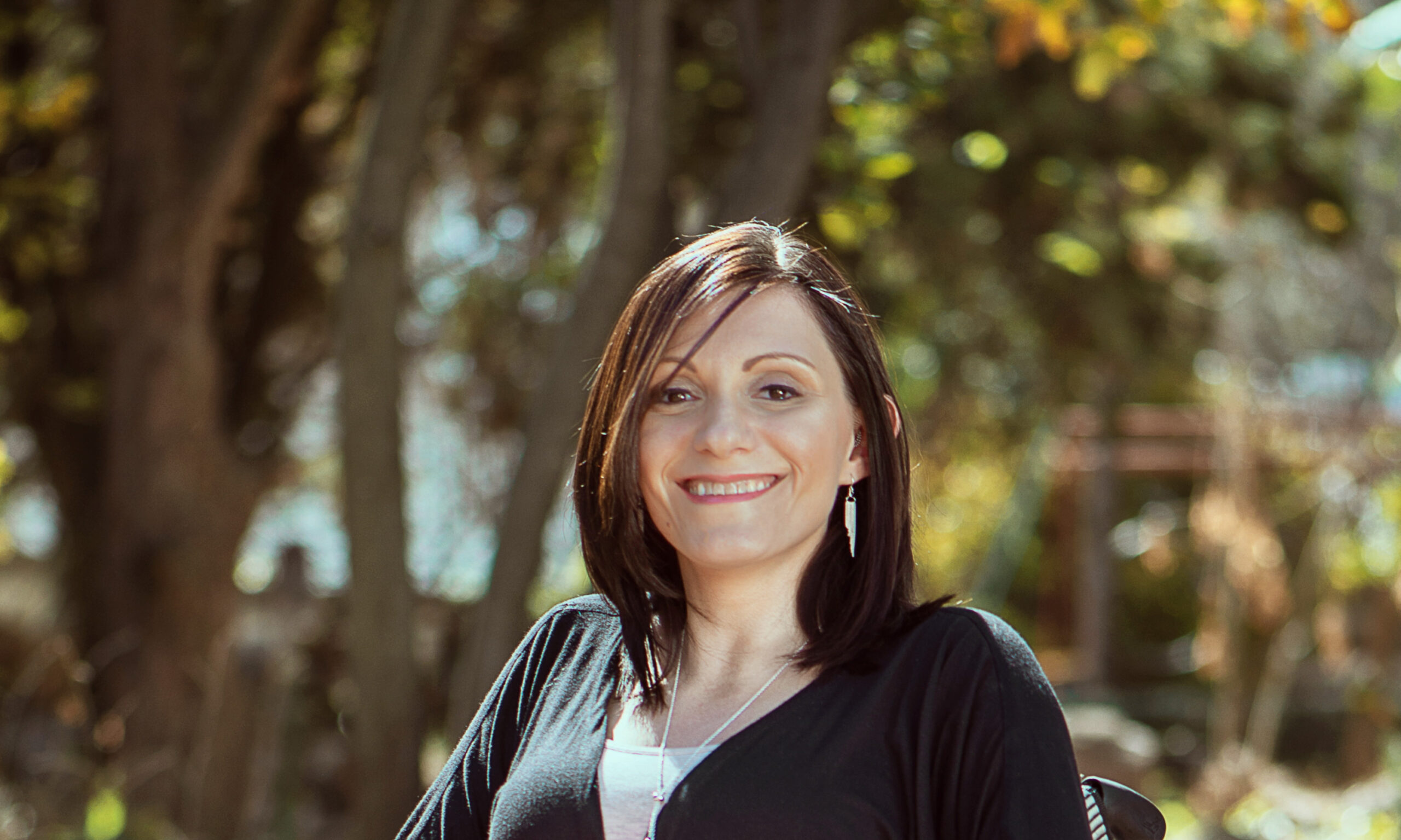New year resolutions for increased well-being
In the fast-paced world we live in, we are juggling so much and it often feels like there are simply not enough hours in a day to do everything we want to. If you’re anything like me, health and wellbeing are always moved to the bottom of the list. First, there’s work, other day-to-day responsibilities, social engagements, Netflix and then if I can, I try to squeeze in going to the gym or getting 8 hours of sleep.
I’ve learned that self-care is not self-indulgent. When you take care of your mind and body, they will in turn take care of you. It comes down to biology. Last year was very challenging for me and I reached burnout. It was the reality check I needed to start prioritising my mind-body wellness. I’d like to share 2 practices I’ve been experimenting with over the past few months.
Intermittent fasting
I found it difficult at first but realised that the challenge was in my head. We are conditioned to eat 3 meals a day and snacks in-between so breaking that habit is not easy. I’ve stuck with it, although I’m not super strict and when life happens, I let it. On most days I eat within a certain window of time and I no longer feel hungry when I do fast. In fact, I feel great and not only has it helped me to lose/maintain my weight, but my energy levels and concentration have noticeably improved.
Meditation
I learned that there are many misconceptions about meditation. The purpose of meditation is not to make you stoic-like and non-reactive but rather to make you become more aware of your thoughts and emotions. When they arise, acknowledge them, sit with them for a while and consider how you could respond better the next time. Naval Ravikant likened meditation to intermittent fasting. In the way that intermittent fasting promotes cell repair and removes waste from our cells, meditation declutters our minds and gets rid of the junk.
I’ve seen and felt the benefits from implementing these fairly small changes to my daily routine. Next on my list is to pin down (and stick to) a regular exercise routine and attempt, attempt being the keyword here, cold showers in 2022.
What wellness practices have you found rewarding, or would you like to start in 2022?
Why accessibility matters
I was born with a rare condition called Osteogenesis Imperfecta, also commonly known as Brittle Bones. As a result, I’ve never been able to stand and have always used a wheelchair.
It's an interesting experience moving around in the world in a wheelchair, a bit like navigating a labyrinth. You can see where you need to go but more often than not, you need to take a more roundabout way to reach your destination. There is always a degree of pre-planning involved, even if it’s just to get fresh milk, I can’t go to the store around the corner because the ramp there is too steep to manage on my own, so I’d rather drive 3km up the road to another store that I know I can manage more easily.
Travelling, going to client meetings and social events (when we still used to do these things) aren’t straightforward either and involve me needing to call in advance to check if the venue is accessible. You quickly realise that accessibility is relative. I’ll be assured over the phone that the building is accessible and when I arrive there is indeed allocated parking and a ramp but once inside, I learn that the meeting is on the second floor and there’s no lift… or disabled loo to boot. In situations like this people will quickly offer to carry me up the stairs or move the meeting downstairs, and even help me into the loo. While I recognize their intentions are good, it is incredibly awkward being that person that has now disrupted things. People with disabilities are accustomed to standing out but the truth is, it’s the last thing we want.
To me, that’s what accessibility stands for – being able to move around freely and independently. It’s not about being too proud to ask for help, I’m the first person to ask for help when I need it. It more has to do with the fact that we want to move as seamlessly as possible in the world with no or very little fuss. If there is one message, I’d want people to take away about the importance of accessibility is that it directly leads to inclusivity.
By building that ramp and disabled bathroom, you’ve just made mothers with babies' lives that much easier. Or by designing an innovative way that a person with one hand can open a packet of chips, you’ve just made that packet easier to open for elderly people with arthritis and anyone who’s in a rush and multitasking. Improved accessibility begins with greater awareness – a two-way conversation is needed between people with and without disabilities to better understand what is needed to create physical and technological access for all.

